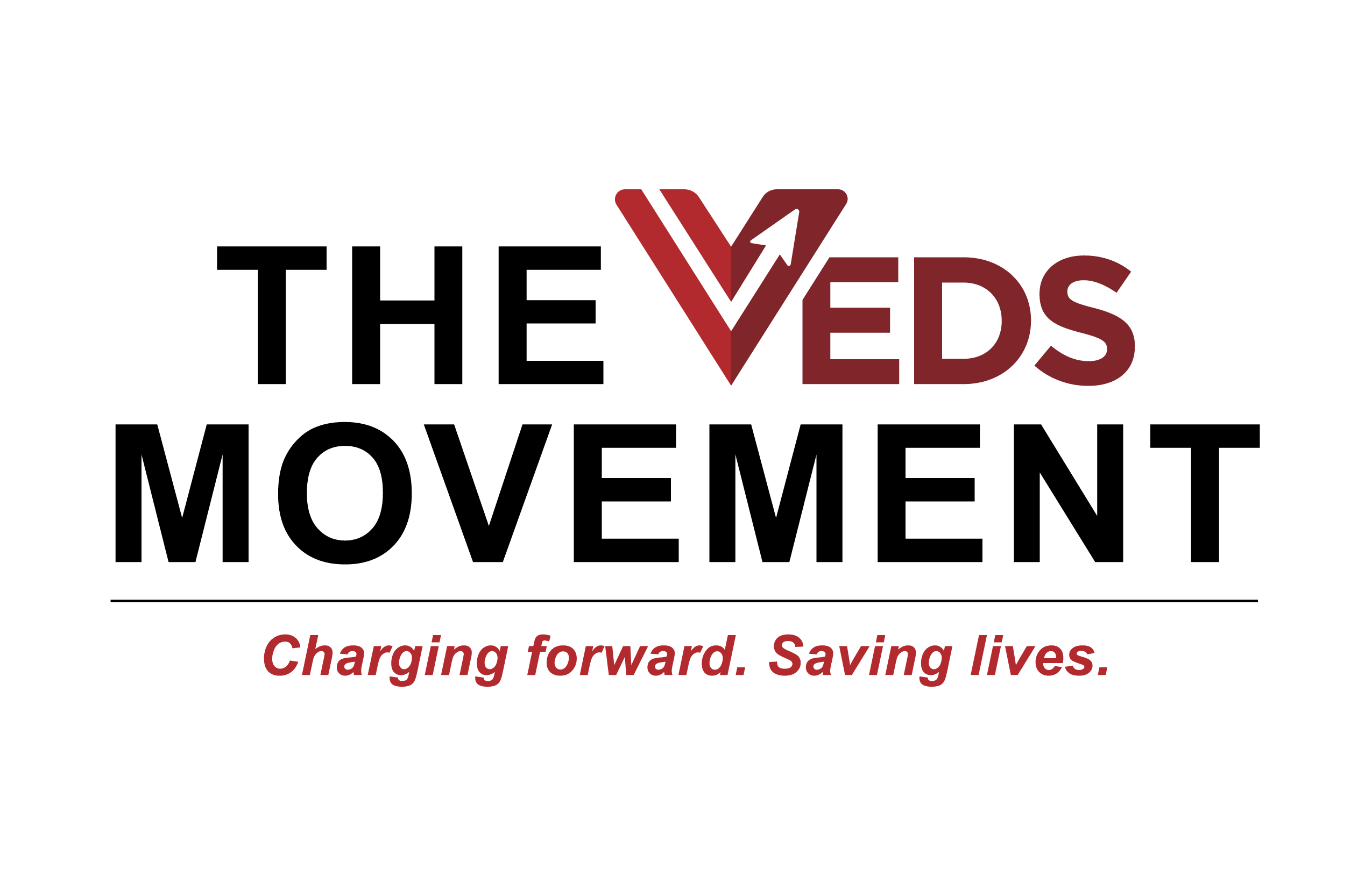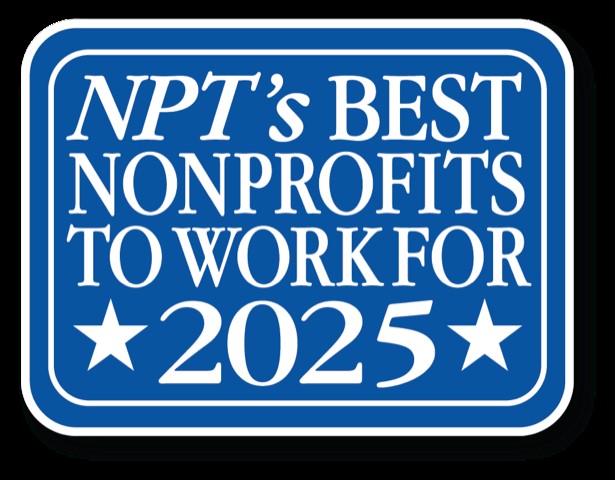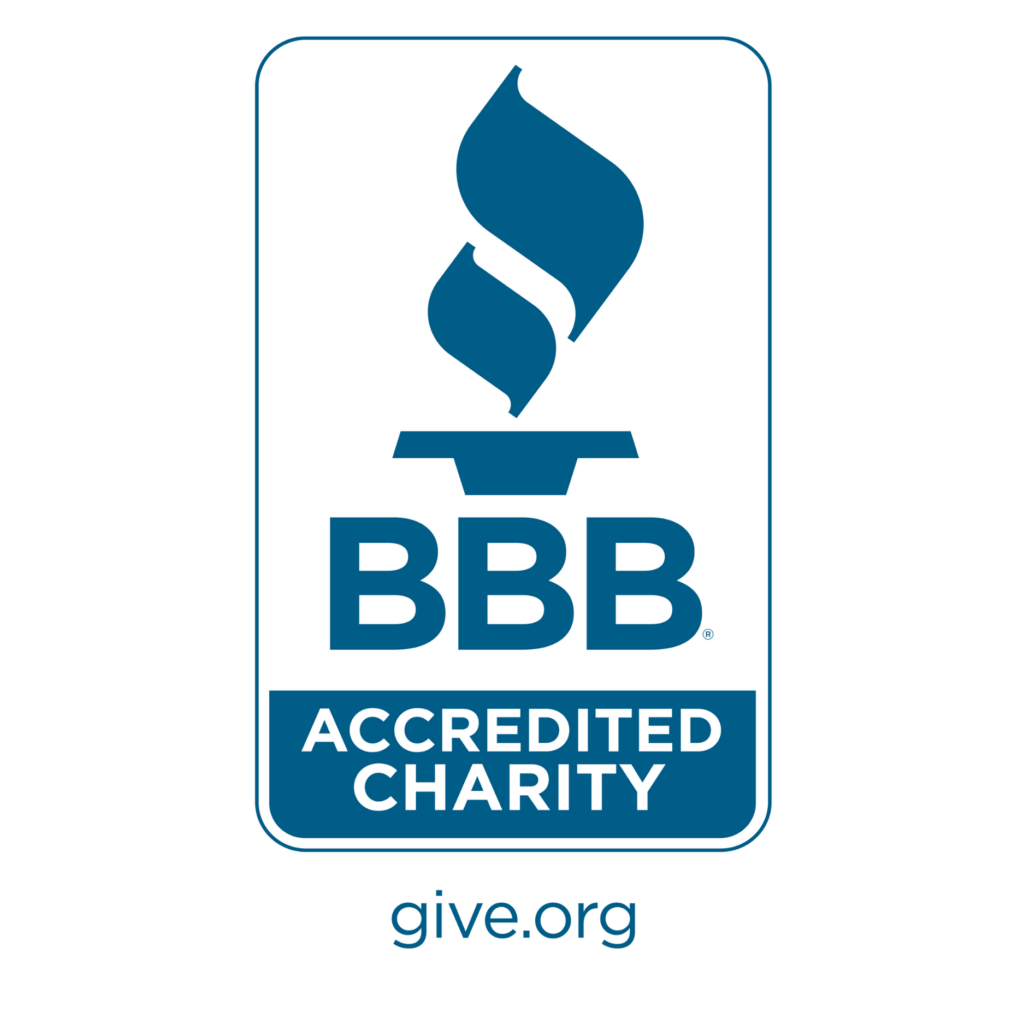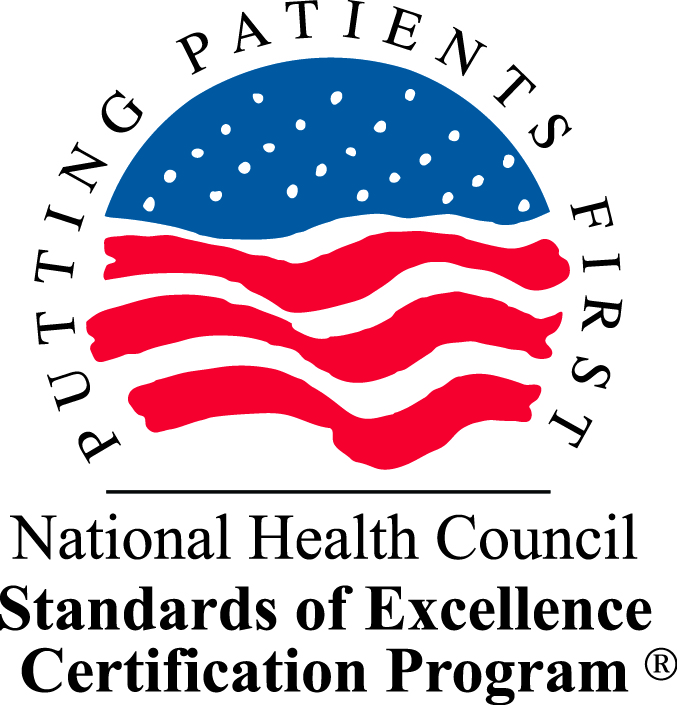The typical activities of childhood can be affected by VEDS. School-based activities such as recess, the pressures of social relationships, and the rigors of classroom participation are often more difficult and sometimes overwhelming for those with Vascular Ehlers-Danlos Syndrome. However, children with this condition can have positive school experiences and maximize their potential when parents and schools communicate and work together.

When working with your child, focus and build upon the areas in which he or she excels, rather than make comparisons with other children. Provide every opportunity to maximize his or her potential in school. Usually, the more knowledge the school has about Vascular EDS the better things are going to be for your child. As a parent, you can take steps to develop a spirit of cooperation among the teachers, administrators, and school nurses.
Educate the School
An important step to take for your child’s safety is meeting with your school nurse and teacher to review information about your child’s condition and safe and unsafe activities at school.
The VEDS Movement has guides which can be helpful. We recommend sitting down with the teacher and school nurse to review these guides and point out any special needs specific to your child.
Proper planning involves discussing any accommodations your child may need to be successful. Some of these accommodations may include:
- An Individualized Education Plan (IEP), which is a written education plan designed to meet a child’s specific learning needs.
- A 504 Plan, which ensures under law that a child is entitled to accommodations that will create an environment in which they can succeed.
- An Individualized Health Plan (IHP), which outlines the healthcare services a student needs during the school day.
- An Emergency Care Plan (ECP), which contains information about the student’s condition and provides contact information for family, physicians, hospitals, and an ambulance service in case of a medical emergency.
Tips for Success
- Have a second set of books at home
- Encourage flexible sitting or standing time, child may need a cushion
- Keep open the lines of communication with the school
- Address bullying with your child and their teacher
- Check table and desk for comfort
- Request extra time for written assignments
- Allow use of water bottles to prevent dehydration
- Teach your child how to be their own self-advocate
This webinar from our International E3 Summit in 2020 may also help you in creating your child’s school safety plan:
Early Intervention
Children with Vascular Ehlers-Danlos Syndrome sometimes benefit from an early school intervention program. These programs receive state money and if it is determined at evaluation that there is a need, then the inventions are available at little or no cost to the family.
Early intervention programs offer a variety of therapeutic and supportive services that are geared toward ameliorating each child’s special circumstance. To determine if your child would benefit from or is eligible for this resource, check with your state’s Early Intervention Program.
If you need help creating a safety plan for the team at your child’s school, or need advice in communicating these concerns to the school, contact us via our Ask a Question page.






